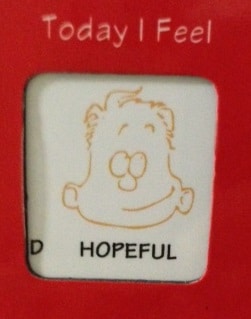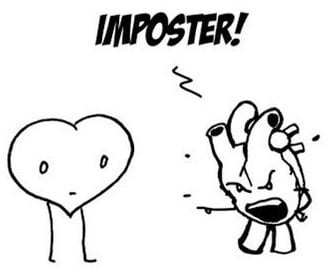Learning at any age
I’ve always admired my parents for their thirst for learning and self-improvement, and their recent visit was no exception. They energetically pursued various activities – learning English, exercising at the local gym almost every day, and learning to meditate at Harmony Meditation Center. I’ve signed them up for a “ZEN Method” training and watched how miraculous things unfolded in front of my eyes. All the more miraculous considering my parents’ age – early 70’s and late 60’s. I wish I could keep that attitude of openness, gratitude, and continuous learning throughout my whole life.
Here is my mom’s testimonial.
Dear teacher Johwa,
My first encounter with Harmony Meditation and its methods made me reevaluate my worldview. When I left, I continued meditation and Taichi exercises for over a year, and I believe they contributed greatly to my well-being and ability to cope with fatigue and health issues.
This time I was introduced to guided meditation and ZEN method. I experienced and became aware of Hanl and interconnectedness of its power with human beings and the Earth. I experienced first-hand the vital role of breathing and brain’s inner workings. Every time I come to train in the center, I experience a new feeling. Every movement creates an influx of energy to various muscles.
I wish I could come to the center and study with you every day. I feel how precious your teaching is and it’s power to change my thinking and consciousness, to heal the diseases accumulated over many years. I am grateful for all the care and wisdom you shared with me and my husband. He is a retired physicist and engineer, and it took him a long time to experience benefits of meditation. He experienced some powerful healing phenomena during the ZEN method training and started coming to meditation classes of his own will after that. This was a miracle!
I wish you and your family health, happiness, and prosperity.



